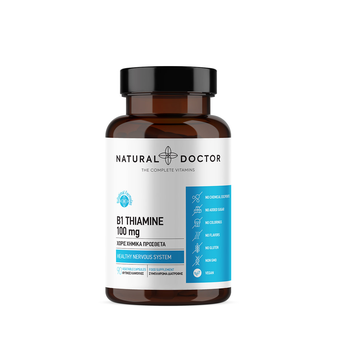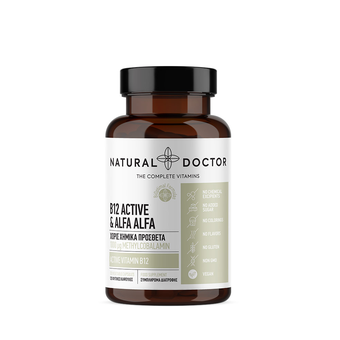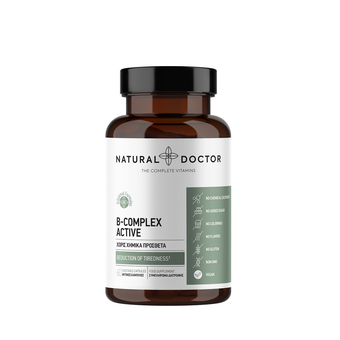Why you should supplement your gut health with B vitamins?

B vitamins are water-soluble nutrients that have numerous roles in our daily physiology and health benefits. The B vitamins function in cellular energy production, neurotransmitter synthesis, immune function, and DNA synthesis.
But did you know that B vitamins affect the composition and function of the gut microbiome? B vitamins play a crucial role in shaping the diversity of the gut microflora.
At the same time, the gut contains bacteria that can directly create or support the production pathways of B vitamins. In turn, this production contributes to the B vitamins our bodies need daily for cellular processes and supports the diversity of the microbiome.
Each B vitamin plays a specific role in the gut microbiome, highlighting the importance of maintaining a healthy gut for optimal B vitamin synthesis and function.
Thiamine, or vitamin B1, is synthesized by many bacteria in the gut and helps control immune metabolism and gut immune cells. Riboflavin, or vitamin B2, is mainly produced by the gut microflora in the large intestine.
Vitamins B3, B5, and B6 are produced by many microbes in the gut, including bifidobacteria.
A recent study showed that low dietary intake of vitamin B6 is associated with gastrointestinal problems as it helps support a healthy balance of anti-inflammatory and pro-inflammatory cytokines.
Many microorganisms in the gut can produce folic acid or vitamin B9 and vitamin B7. Some research shows that folic acid deficiency can change the structure and function of intestinal cells.
Vitamin B12, while produced by 20 percent of gut bacteria, is required by 80 percent of gut organisms for their metabolic reactions. Vitamin B12 deficiency can adversely affect changes in the intestinal barrier.
The most significant factors that negatively affect B vitamins in the gut include diet, antibiotic use, and a person's genetics, so B vitamin supplementation must be considered when meeting your daily vitamin requirements for optimal health and wellness.





